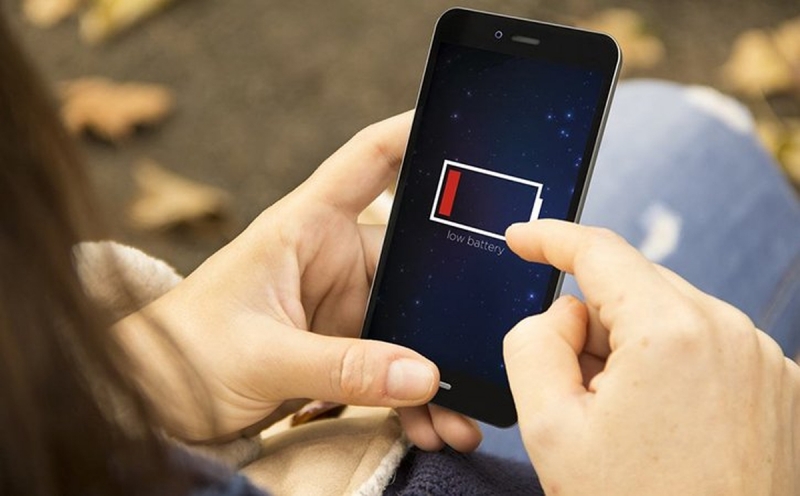Today's smartphones may have features we never thought possible many years ago, such as high-speed internet access, biometric scanners, 4K video recording, and even limited VR capabilities, but this all comes at the expense of one area that many older cell phones are fondly-remembered for: battery life.
While plenty of upcoming smartphones are said to have massively improved batteries, such as Samsung's S7, they still need fairly regular charges, especially with heavy use. But one UK-based company claims that it is developing a system that would allow a smartphone to work for an entire week before requiring a charge.
Intelligent Energy Holdings Plc said its hydrogen-based fuel cell will be small enough to fit inside a smartphone yet powerful enough to keep it running for seven days, and could be available to the public within two years.
The company said that one "emerging" smartphone maker is so impressed with the technology that it's investing $7.6 million in its development, reports Bloomberg.
"Embedding fuel-cell technology into portable devices provides a solution to the current dilemma of battery life," Julian Hughes, acting managing director for Intelligent Energy's Consumer Electronics division, said in a statement. "With consumers demanding more and more from their phones, battery innovation has not kept up."
Intelligent Energy Holdings Plc has 25 years experience in the energy field and has already worked on a zero-emission, hydrogen-powered black cab in London and a fuel-cell-powered aircraft for Boeing. The technology works by converting hydrogen into electricity, leaving only water as a byproduct.
Last year, the company revealed a prototype iPhone 6 that used hydrogen fuel cells. The only change to the original design was some tiny rear vents so an imperceptible amount of water vapor could escape.
There are still some hurdles to overcome, but should Intelligent Energy Holdings' technology find its way into commercial smartphones, charging our devices almost every day could become a thing of the past.
